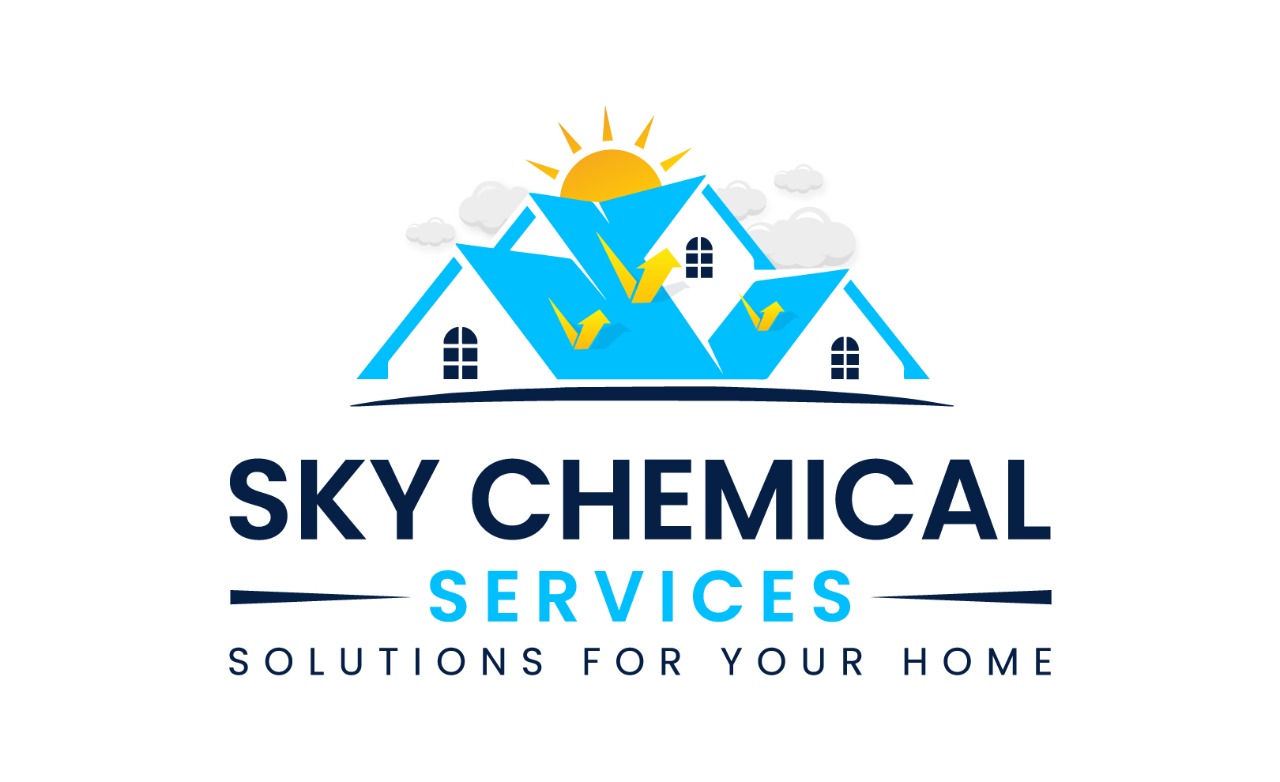Water intrusion is a recurring problem in basements; it leads to problems, such as structural damage, mold growth, and health hazards. To protect your basement from water damage, choose the right waterproofing membrane. With a variety of options available on the market, it is challenging to determine which one is the best fit for your requirements. Sheet membrane offers robust waterproofing for your roof – a durable solution for long-lasting protection against leaks and moisture. In this blog, we will explore different types of waterproofing membranes and help you make an informed decision.
Types of Waterproofing Membranes
Bituminous Membranes
Bituminous membrane is a popular choice for homeowners and landlords. These membranes consist of asphalt layers reinforced with materials like fiberglass or polyester. Bituminous membranes are tough and impermeable, restricting moisture ingress with maximum effect. These coverings are easy to install and maintain.
Pros
- Durable
- Water-resistant
- Cost-effective
Cons
- Require professional assistance
- Vulnerable to UV radiation
Read More
How to Use Acrylic Paint for Waterproofing?
How Do You Waterproof the Foundation from the Inside?
Why Should We Use Membrane Waterproofing?
Liquid Membranes
Liquid waterproofing membranes form a seamless and flexible barrier after curing. These coverings are made of polymer-based materials, such as polyurethane, epoxy, or acrylic. Liquid membranes can be sprayed or rolled onto the basement walls and floors, providing a tight seal. They are suitable for irregular or complex surfaces.
Pros
- Seamless, flexible, and adaptable to various surfaces
- Excellent for hard-to-reach areas
- Resistant to UV radiation
Cons
May require multiple coats
Sheet Membranes
Sheet membrane, also known as waterproofing membranes, are made from polyethylene, PVC, etc. These coverings are applied on different surfaces, such as basement walls and floors. Sheet membranes are effective at preventing water infiltration in old and new construction.
Pros
- Easy to install
- Provides a continuous barrier
- Resistant to root penetration
Cons
- Vulnerable to punctures
- Not ideal for retrofitting existing basements
Cementitious Membrane
Cementitious waterproofing membranes are composed of sand, cement, and additives. When mixed with water, they form a thick slurry, optimal for basement surfaces. After curing, they form a dense, waterproof barrier. These membranes are used in combination with other waterproofing methods.
Pros
- Excellent adhesion to concrete surfaces
- Applied to both interior and exterior surfaces
- Resistant to chemicals
Cons
- May require multiple coats
- Vulnerable to cracking
Read More
Is Waterproofing Necessary After Laying the Foundation?
How Many Layers of Waterproofing Should Be Applied?
What is Crystalline Waterproofing? How Should It Be Applied?
Sprayed Polyurethane Foam (SPF)
SPF is a foam insulation material that serve as a tough waterproofing membrane; it expands to create a seamless, closed-cell foam barrier. SPF is effective at insulating and waterproofing basements, making it a versatile option.
Pros
- Excellent insulation and waterproofing properties
- Adheres well to irregular surfaces
- Resistant to moisture and mold growth
Cons
- Professional installation is required
- Vulnerable to UV radiation
Selecting the Best Waterproofing Membrane
The selection of the best waterproofing membrane depends on several factors:
Condition of Basement
Check whether your basement is intact or not. In other words, see for minor imperfections, such as cracks, holes, and other issues. Some membranes are suitable for retrofitting existing basements, while others are optimal for new builds.
Budget
Your budget plays a significant role in your decision-making process. Bituminous membranes and sheet membranes are budget-friendly, while liquid membranes and SPF are high-end products.
Installation
Are you planning to install the membrane or hire a professional? Some membranes, like sheet and bituminous membranes, are DIY-friendly, while others require specialized equipment and expertise.
Longevity
Consider the expected lifespan of the membrane. Bituminous and cementitious membranes tend to have excellent durability, while liquid membranes and SPF may require frequent maintenance.
Bottom Line
The best waterproofing sheet membrane for your basement depends on your specific needs, budget, and the condition of your basement. Each type of membrane has its advantages and disadvantages, so it’s essential to carefully evaluate your situation and consult with professionals if needed. Ultimately, the goal is to protect your basement from water damage, ensuring a safe and dry living space for years to come.
Connect with Sky Chemical Services for a fool-proof project!
